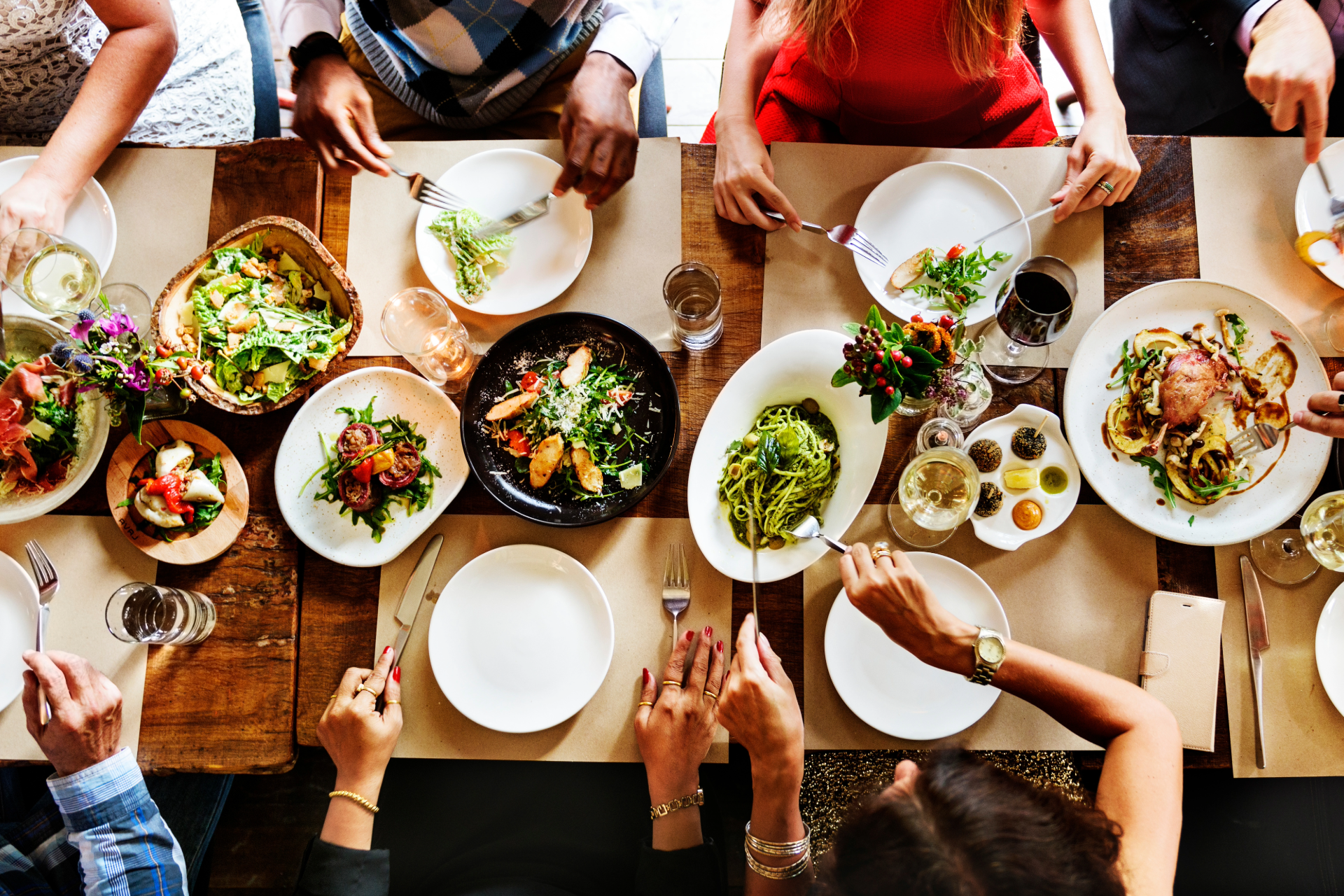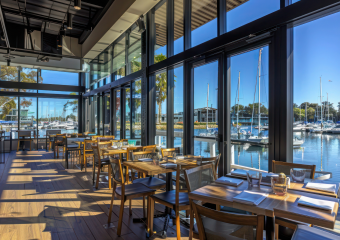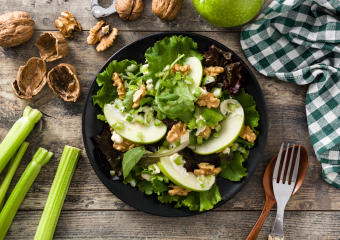DinersAI Explores the Rituals Behind Global Cuisine
Global cuisine encompasses much more than ingredients and recipes—it’s a rich tapestry woven from the rituals, traditions, and stories that define the cultural identity of communities around the world. Every meal has a story, and understanding the broader context of global dishes can enrich our appreciation and respect for different cultures. This concept is something that DinersAI, an innovative culinary platform, has decided to explore deeply. Let’s embark on a journey through the rituals behind global cuisine, highlighting the fascinating ways in which societies celebrate their culinary heritage.
The Art of Meal Preparation
Meal preparation rituals vary widely from one culture to another, often influenced by historical, environmental, and social factors. In Japan, for instance, the meticulous art of sushi making is not just about creating a dish but is also a disciplined ritual that symbolizes purity and the seasonality of ingredients. A sushi chef’s years of training reflect dedication to this culinary art, emphasizing precision and care in every slice.
Contrastingly, in many Mediterranean regions, cooking is often a communal activity. Preparing a meal is an opportunity for family members to gather and engage in conversation, strengthening bonds and ensuring that the culinary traditions of the region are passed on through generations. This ritualistic approach to meal preparation helps build a strong sense of community and belonging.
Festive Foods and Celebratory Traditions
Many global dishes are steeped in the rituals of celebration, playing key roles in festivals and ceremonies. For example, during the Moon Festival in China, families come together to make and eat mooncakes. These pastries are not just treats; they symbolize lunar appreciation and the moon’s cycle, and are central to the ritual of moon gazing.
In Mexico, the Day of the Dead (Día de los Muertos) showcases another unique culinary ritual. Families prepare ofrendas (offerings) that include pan de muerto (bread of the dead), sugar skulls, and favorite foods of deceased loved ones. This ritual blends cooking with cultural remembrance, showing the multipurpose role food can play in rituals.
Cooking Techniques as Rituals
Cooking techniques themselves can also be considered ritualistic. The slow cooking methods of Moroccan tagines or the fiery wok cooking of Thailand show how techniques can reflect environmental adaptations and cultural preferences. These methods have evolved over centuries, imbued with historical significance and contributing to the distinct flavors of each cuisine.
The traditional tandoor ovens of India, which are used to bake naan and cook marinated meats, offer a perfect illustration of technique as ritual. The communal tandoor found in Indian villages isn’t just a cooking appliance; it’s a focal point around which people convene, share news, and reinforce community ties.
Sustainability and Ritual
An emerging ritual in many cultures today involves sustainable eating practices. With increasing global focus on environmental impact, culinary rituals are adapting to include sustainability as a core component. In Scandinavian countries, for example, the New Nordic Cuisine promotes purity, freshness, and simplicity, all while emphasizing sustainability in food sourcing. This culinary movement highlights how food rituals can evolve with societal values, advocating for a responsibility to nature that mirrors ancient food gathering practices yet is suited for the modern era.
Conclusion
DinersAI’s exploration into the rituals of global cuisine reveals a world where food serves as more than mere sustenance. It is a catalyst for celebration, a reason for gathering, and a means of preserving history. As we continue to explore the diverse culinary landscapes around the globe, we learn not just to taste but to experience dishes within the cultural contexts that give them meaning. By understanding the deep-rooted rituals that surround global cuisine, we foster a greater appreciation for the diversity and richness of cultures worldwide. Engaging with this knowledge, DinersAI brings us one step closer to a more connected and culturally conscious global community.





